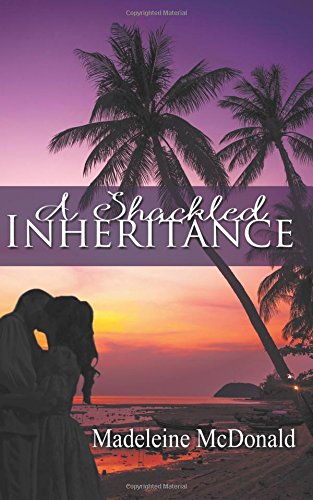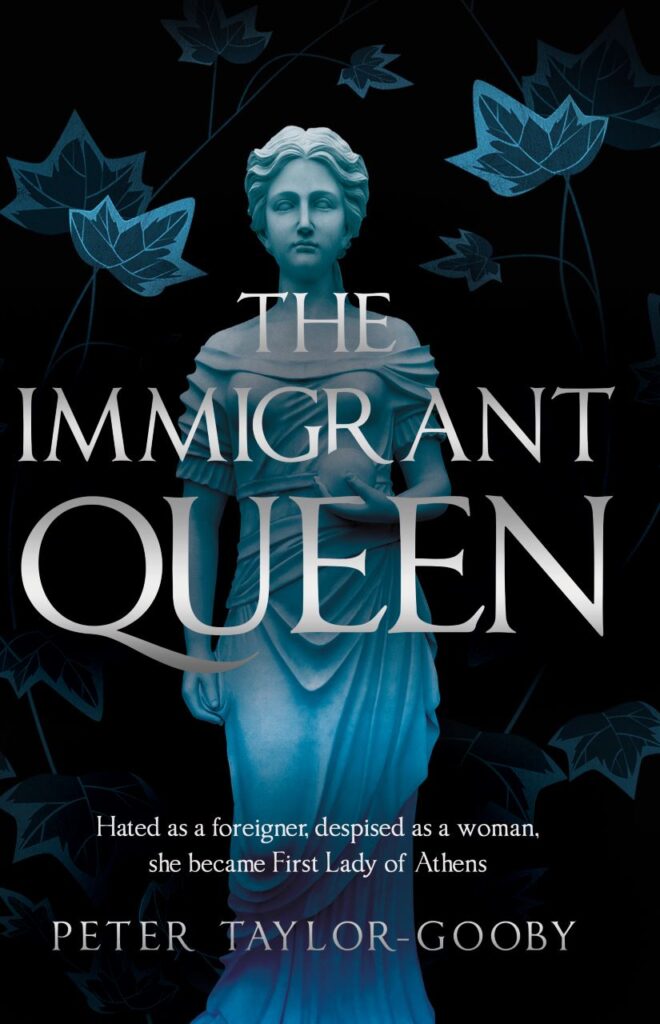A Shackled Inheritance
In 1810 Glasgow, 26-year-old Miss Abigail Carrick is grief-stricken upon the death of her father. She’s visited by Euan, a young solicitor and staunch abolitionist. While he thinks the whisky offered is just as dreadful as the house, he is attracted to Abigail. She swoons when it’s revealed that after her mother’s passing, her father had secretly married a free black woman during a visit to his plantation on Buenaventura, a Caribbean island. Furthermore, he’d sired two girls—now teenagers—and willed a third of the plantation each to them and to Abigail. Although the Glasgow home is Abigail’s, she’s literally penniless. Disregarding everyone’s disapproval, Abigail decides to visit Buenaventura to meet her half-sisters. Coincidentally, Euan is on a business trip and also on board the ship. While their romance blossoms, Euan is bothered about Abigail owning slaves. On Buenaventura, the plot thickens when, among other incidents, one of Abigail’s half-sisters desires Euan, and following the slaves’ cruel treatment, a revolt is rumored.
Madeleine McDonald has penned this interesting novel to embellish the plight of single women of limited means during the Regency era. Abigail was required to keep house for her widowed father, with minimal communication. He was happy to contribute money to other causes, but despised spending it on his daughter’s education and wardrobe. Hence, Abigail was relegated to spinsterhood. Although slavery was abolished in Britain, it was practiced with vigor on plantations in the colonies, even by her father, a respectable member of the Kirk. Only a few, like Euan, questioned such methods. However, the fortitude Abigail displays in defying these norms, by taking on her deceased father’s business matters, and sailing to a Caribbean island, stirs our imagination. While the narrative reads fluidly, the writing style of interspersing characters’ streams of consciousness in between their lines of dialogue slows the novel’s pace.










